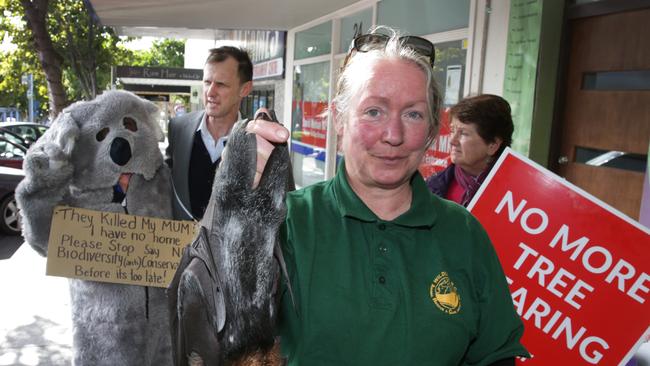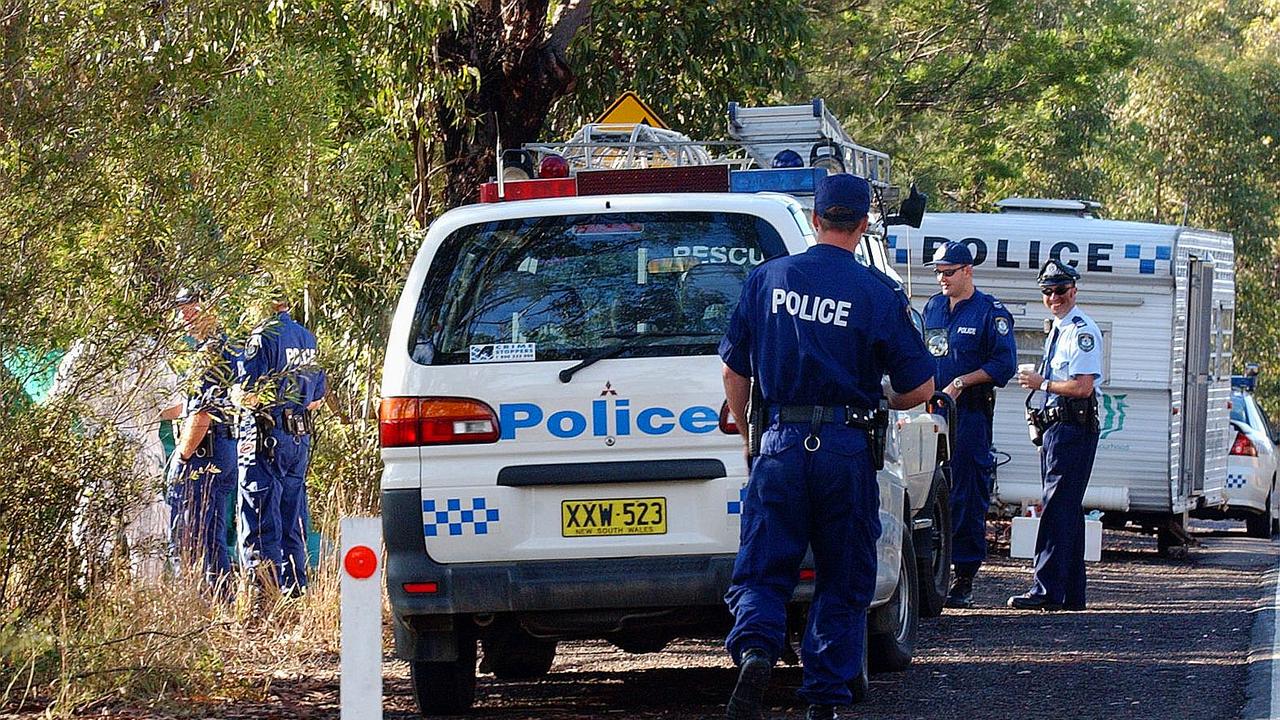New legislation could endanger native animals and birds on the Coast
Endangered native animals and birds on the Central Coast and across NSW would be at greater risk of extinction if proposed changes to the state’s biodiversity laws go ahead later this year.

Central Coast
Don't miss out on the headlines from Central Coast. Followed categories will be added to My News.
Endangered native animals and birds on the Central Coast and across NSW would be at greater risk of extinction if proposed changes to the state’s biodiversity laws go ahead later this year.
Central Coast tree campaigners, including Trees of Bateau Bay, and members of the native wildlife rescue organisation Wildlife ARC, are concerned the State Government will pass the Biodiversity Conservation Bill 2016 and Local Land Services Amendment Bill 2016, which would repeal the Native Vegetation Act 2003 and Threatened Species Conservation Act 1995.
The legislation is expected to go before Parliament in September, and would allow private landholders to clear native vegetation on their land.
Trees of Bateau Bay president Barbara Gorman and Wildlife ARC members Jessi Grace and Pamela de Lacy, who was dressed as a koala, took their concerns to The Entrance state Labor MP David Mehan on Monday.
“If this legislation is passed, it will give private landholders the ability to self-assess their properties and clear land with no regard for threatened plant and animal species,’’ Mrs Gorman said.
“Similar laws were introduced in Queensland, with catastrophic outcomes for the environment.
“The Central Coast is already under threat with developments proposed in highly environmentally-sensitive areas at Kangy Angy, Old Mardi Farm, Glenning Valley and Chittaway Bay.’’
Mrs Gorman’s group was formed last year to fight the former Wyong Council’s new tree policy introduced after the April superstorm which, she said, led to wholesale removal of trees.
“We can’t allow this to happen. We’ve seen disaster since the former Wyong Council introduced its tree policy,” she said.
“We’ve already lost enough trees, not to mention habitat and food for native animals.’’
Ms Grace, who is Wildlife ARC’s education officer, brought Ali the flying fox to visit Mr Mehan.
“If this legislation is passed, flying foxes like Ali would be under real threat,’’ Ms Grace said.
Mr Mehan invited Mrs Gorman, Ms Grace and Ms de Lacy to visit Parliament House, in Macquarie St, to voice their concerns.
“It is vital that we save our wildlife,’’ Mr Mehan said.
Favouring big business
Nature Conservation Council chief executive Kate Smolski said the proposed legislation would favour big agribusiness and property developers, not the communities and wildlife that depend on healthy soils, waterways and bushland.
“The laws represent the most significant changes to the way nature is protected and managed in a generation, and pose significant risks to soils, water and wildlife across the state,” Ms Smolski said.
“It is vital the community is aware of what the government is proposing – a system that makes it easier for big agribusiness and property developers to clear native bushland across the state.”


